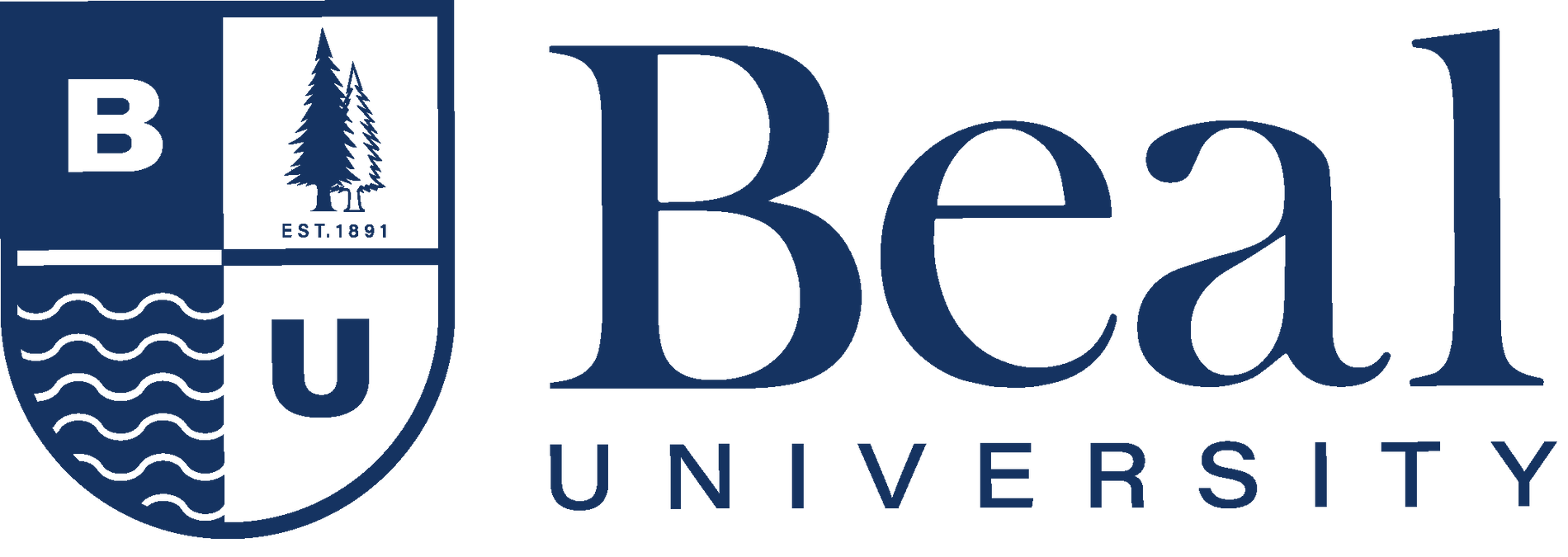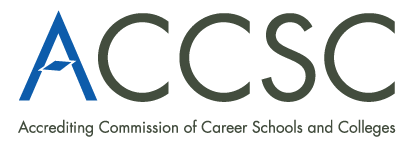When selecting a higher education program, the legitimacy and quality of your chosen options are essential for your academic and professional growth. Accreditation ensures that the education you receive meets recognized standards and complies with the high benchmarks established by reputable organizations. By enrolling in accredited degree programs, you can be confident that the courses are designed to provide you with the relevant skills and knowledge necessary for success in your career.
The Importance of Accreditation in Ensuring Quality Education
Accreditation is the process through which a recognized authority evaluates and certifies that a degree program or institution meets established academic and operational standards. This validation guarantees that students receive a high-quality education acknowledged by employers, educational institutions, and professional organizations. Accredited programs undergo regular assessments to confirm they maintain rigorous academic standards and effectively prepare students for successful careers. Opting for an accredited institution ensures that your degree is widely recognized and respected.
The Advantages of Enrolling in Accredited Degree Programs
Choosing recognized degree programs provides numerous benefits that can influence both your educational experience and career advancement. Key advantages include:
- Degree Recognition: Employers, government agencies, and professional organizations often require degrees from accredited institutions for employment or licensure eligibility.
- Access to Financial Aid: Many financial aid options, such as scholarships, grants, and federal student loans, are available only to students in accredited programs, making these resources inaccessible without certification.
- Quality Education: Accredited programs are regularly evaluated and updated, ensuring students receive current knowledge and skills essential for success in their chosen fields.
- Credit Transferability: Transferring to another institution is smoother with accredited programs, as most recognize and accept these credits. Non-accredited schools may lack this flexibility, potentially resulting in the loss of valuable academic credits.
A Partner for Academic Success
A variety of approved degree programs are available that equip students with the knowledge and skills necessary to thrive in today’s competitive job market. With a strong commitment to providing quality education, these programs ensure that all academic standards are met. For more information on accredited degree programs, contact Beal University at https://beal.edu/.

